October Newsletter
Four Key Aspects of Lobbying You Need To Know:
Lobbying is the act of attempting to influence decisions made by government officials or legislators in order to advance a particular cause or interest. This influence can take various forms, including advocating for or against specific policies, legislation, regulations, or government actions.
Key aspects of lobbying include:
1. Advocacy: Lobbying allows individuals, organizations, and interest groups to advocate for their concerns and interests in the political process. In a diverse and complex society, various groups have different needs and priorities. Lobbying provides a mechanism for these groups to have a voice in government decision-making.
2. Access: Lobbying can serve as a bridge between the general public and government. Lobbyists often engage in advocacy campaigns and grassroots organizing, mobilizing citizens to participate in the political process and voice their concerns to elected officials.
3. Information and Research: Lobbyists often provide valuable information and expertise to policymakers. They can help lawmakers understand complex issues, provide data and research, and offer insights into the potential consequences of policy decisions. This information can lead to more informed and effective policymaking.
4. Making Change: Advocacy groups and non-governmental organizations use lobbying to push for social and environmental changes, such as civil rights, environmental protections, and public health initiatives. Lobbying can have significant economic implications. Businesses, industry associations, and labor unions, for example, lobby to promote economic growth, protect jobs, and influence trade policies.
Canada’s CSA Announces ESG Reporting Requirements
Canada’s securities regulators are set to implement new Environmental, Social, and Governance (ESG) reporting requirements, including climate disclosures, for major players in the financial industry. Here’s everything you need to know about this significant development:
Starting in 2024, large Canadian banks, insurance companies, and federally regulated financial institutions will be required to provide comprehensive ESG disclosures. These disclosures will revolve primarily around climate-related risks and opportunities and will cover four key areas:
- Governance: Companies will need to disclose how their boards oversee and manage climate-related risks and opportunities.
- Strategy: Detailed information on the short-, medium-, and long-term climate-related risks and opportunities identified by the company, along with their impact on business, strategy, and financial planning, will be made public. Notably, the proposed disclosure will differ slightly from the TCFD recommendations as it will not include “scenario analysis,” which describes a company’s strategy resilience in various climate-related scenarios.
- Risk Management: Companies will have to outline their processes for identifying, assessing, and managing climate-related risks. These processes should be seamlessly integrated into their overall risk management strategies.
- Metrics and Targets: Companies will disclose the ESG metrics and targets they employ to assess and manage climate-related risks and opportunities. This will encompass Scope 1, 2, and 3 greenhouse gas emissions where the information is deemed material.
These new reporting requirements aim to enhance the transparency of Canada’s financial sector while helping investors make more informed decisions regarding climate and ESG-related risks. It’s a pivotal step toward aligning Canadian financial institutions with global ESG standards.
London Housing Crisis: A Call for Unity and Action
London is facing a pressing challenge—one that has not only captured local attention but has become a topic of discussion at both the provincial and federal levels. The issue at hand? A housing crisis that demands immediate and collective action.
Last month, at the Association of Municipalities of Ontario meeting, London’s innovative housing plan to combat homelessness garnered widespread attention. Additionally, the city received a substantial boost with a $74 million allocation for local housing development. These developments underscore the urgency of addressing the housing crisis and highlight London as a microcosm of a broader challenge facing our nation.
Recognizing the gravity of the housing crisis, both provincial and federal governments have taken decisive steps. Ontario’s Elgin-Middlesex-London MPP Rob Flack has assumed the role of Associate Minister of Housing, while London North Centre MP Peter Fragiskatos has been appointed the Parliamentary Secretary to the federal Minister of Housing. These appointments reflect a commitment to prioritize housing as a critical issue.
Rob Flack has made it clear that the scale of the challenge is significant. To address the crisis, a staggering 1.5 million homes must be constructed in Ontario by 2031. This ambitious target underscores the urgency of the situation and the need for innovative solutions. Both Flack and Fragiskatos emphasize the importance of eliminating bureaucratic hurdles and outdated regulations to facilitate housing construction.
Peter Fragiskatos is resolute in his belief that housing should transcend political divides. He emphasizes the importance of collaboration between federal, provincial, and municipal governments, stressing that this issue should remain non-partisan. Rob Flack echoes this sentiment, expressing his eagerness to work alongside Fragiskatos and others to streamline processes and make housing construction more efficient.
Both politicians share a conviction that London can serve as an example to the rest of the nation. With its unique blend of high-density housing and smaller surrounding communities, London is a microcosm of the larger housing challenge. It is poised to demonstrate how swift action, innovative solutions, and cross-government collaboration can lead to meaningful progress.
Campus Chronicles: Historic Merger as Canada’s Only Women’s University Joins Forces with Western University
In a transformative move after 104 years as Canada’s only women’s universities, Brescia University College in London, Ontario, has announced its full integration into Western University, set to commence in May. This merger holds promising changes for the educational landscape and the future of its students.
Lauretta Frederking, President of Brescia, emphasized the significance of this decision, saying, “Today’s agreement is about meeting present needs of students, with an eye to the future. We are now at a point where women make up the majority of post-secondary learners in Canada, and there is an equally important need to adapt to new realities, including the underrepresentation of equity-deserving groups in our post-secondary institutions.”
Brescia University College was founded in 1919 with the mission to bridge educational gaps for women at the time. Currently, Brescia is an affiliated university college with Western, alongside King’s University College and Huron University College. It boasts a student body of 1,200 and offers diverse programs, including Behavioral and Social Sciences, Food and Nutritional Sciences, and Humanities. Degrees are conferred by Western.
As part of the merger, Western will establish a $25 million Brescia Legacy Fund, which will support access to education through scholarships, bursaries, and programs. Frederking noted that the fund will specifically target academic disciplines at Western where women are underrepresented.
The merger between Brescia University College and Western University holds the promise of a brighter, more inclusive future for students and the continuation of a rich legacy in education.
Is “Momager” The New Side Hustle?
In a recent tax case, the question of whether a parent’s expenses incurred to support their child’s artistic career can be tax-deductible was examined. The case involved a taxpayer who used his business management and contract negotiation skills to assist his musically talented daughter’s career. They entered into a “personal management contract,” with the father incurring expenses in exchange for a commission if his daughter signed with a major record label. While the Canada Revenue Agency initially disallowed his expense deductions, the Tax Court ruled in favor of the taxpayer. The judge considered the taxpayer’s prior entrepreneurial success, his experience in negotiating contracts, and his engagement of an accountant with music industry knowledge. The judge concluded that the taxpayer’s activity was carried out in a sufficiently commercial manner to be considered a source of business income, making his 2017 business expenses tax-deductible.

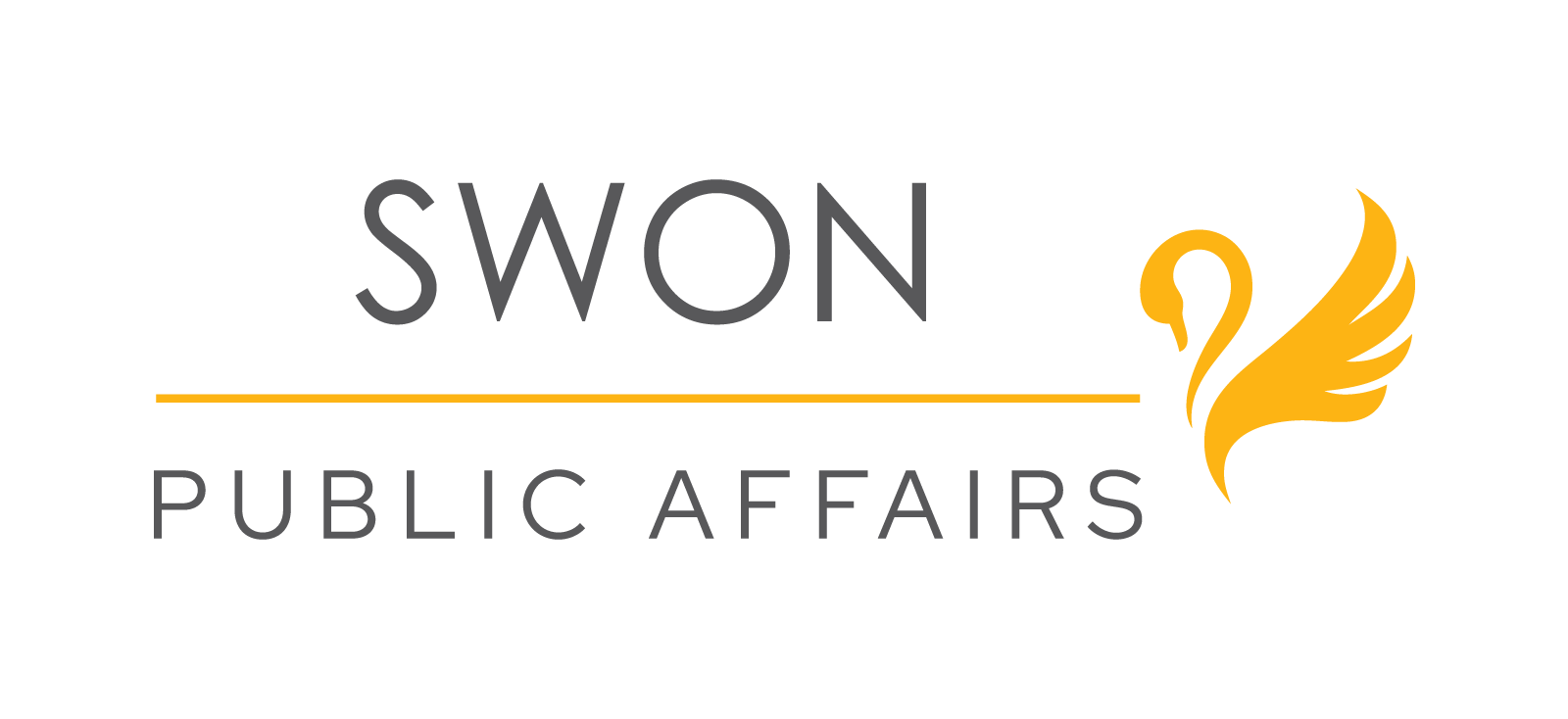


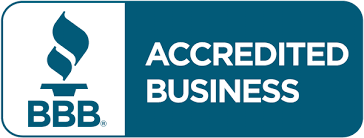
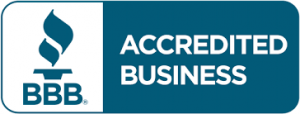
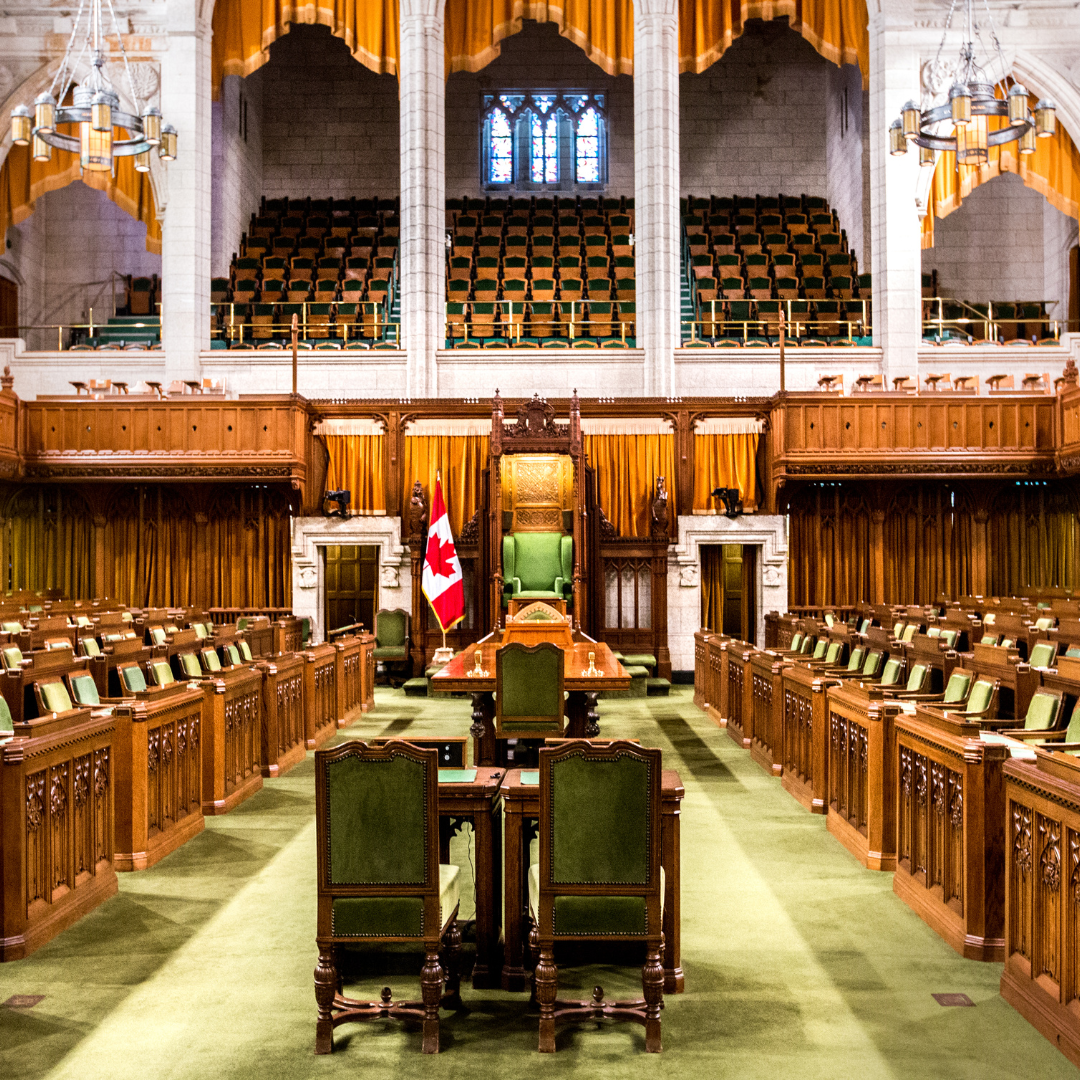
Latest posts